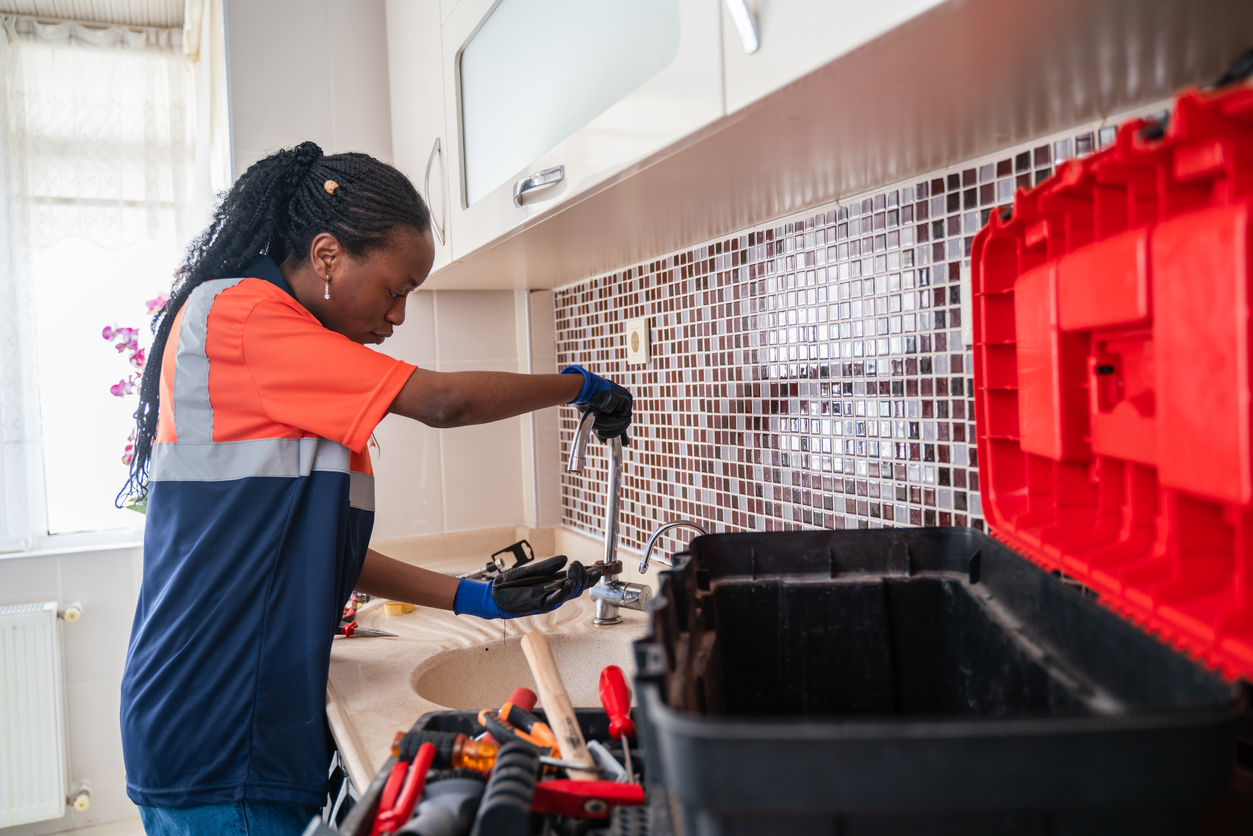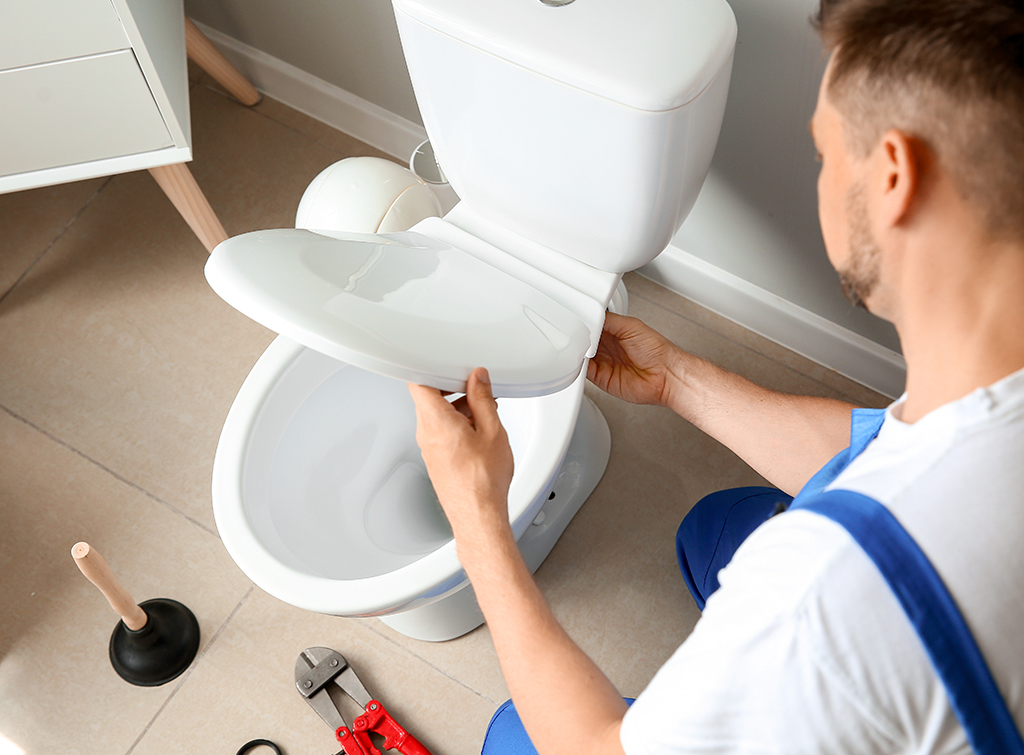We have stumbled on this article involving 11 Must-Read Tips for Plumbing a New House listed below on the web and accepted it made good sense to share it with you on my blog.

For new house owners, understanding and preserving bathroom pipes can save both money and time by avoiding expensive problems down the line. Here are some necessary washroom plumbing tips to aid you maintain every little thing running efficiently.
Familiarize Yourself with the Key Shut-Off Shutoff
Knowing where the main water shut-off shutoff lies in your home is essential. This allows you to promptly shut off the water in case of major leaks or throughout plumbing emergencies, avoiding considerable water damages.
Frequently Inspect for Leakages
Small leaks can bring about big troubles. Regularly check under sinks, around bathrooms, and near pipes fixtures for any kind of signs of leaks. Try to find moisture, tiny drips, or rust. Catching and repairing leakages early can protect against much more severe damages and conserve water.
Don't Disregard Slow Drains
If your sink or bathtub is draining gradually, it's usually an indicator of a blockage creating. Addressing this very early can avoid a full blockage. Make use of a bettor or a plumbing professional's snake to clean out debris. Avoid utilizing chemical drainpipe cleansers as they can damage your pipelines with time.
Know What Not to Flush
Commodes are not waste disposal unit. Stay clear of flushing anything aside from bathroom tissue and human waste. Things like wipes, feminine health products, and cotton bud should be thrown away in the garbage to stop clogs and drain back-ups.
Install Strainers in Drains
Place filters in your sink and bath tub drains to catch hair and various other debris prior to they enter your pipes system. Cleansing the strainers on a regular basis will assist protect against accumulation and keep water flowing easily.
Preserve Your Hot Water Heater
Ensure your water heater is readied to an ideal temperature (commonly around 120 degrees Fahrenheit) to prevent hot and reduce energy use. Flush the container each year to remove debris buildup, which can lower the efficiency and lifespan of your heating system.
Upgrade Your Components
If your home has older components, think about updating to much more reliable versions. Modern commodes, showerheads, and taps are created to use less water while supplying good stress, which can dramatically lower your water expense and ecological impact.
Beware with DIY Plumbing Repairs
While it's appealing to handle all home repair services on your own, beware with pipes. Some concerns could need expert expertise, especially if they entail major water lines or sewer repair services. Hiring a professional can in some cases be more cost-effective than do it yourself, especially if it avoids further damages.
Plan For Cold Weather
Shield your pipelines from freezing throughout cold weather by shielding pipes in unheated locations like basements, attics, and garages. Throughout extreme chilly, allow cold water drip from taps offered by exposed pipes to assist stop freezing.
Arrange Routine Upkeep
Take into consideration scheduling yearly examinations with a qualified plumbing. They can find issues that you could miss out on, such as hidden leakages or damage on pipes and fixtures. Regular upkeep aids extend the life of your plumbing system and can protect against emergency situations.
Conclusion
Recognizing and maintaining your home's shower room pipes can prevent several usual issues. By following these crucial ideas, you can guarantee your shower room stays practical and efficient, saving you time and money in the future.
Essential Plumbing Tips for Homeowners: Keep Your Pipes Flowing Smoothly
As a homeowner, understanding the basics of your plumbing system can save you time, money, and a lot of headaches. Plumbing issues can range from minor annoyances like dripping faucets to major problems like burst pipes that cause significant damage. This guide provides essential tips to help you maintain your plumbing system and tackle common issues.
Understanding Your Plumbing System
Supply System: Brings fresh water into your home from a municipal source or a well. Drain-Waste-Vent System: Removes wastewater and vents sewer gases outside. Fixtures and Appliances: Includes sinks, toilets, showers, dishwashers, and washing machines. Basic Maintenance Tips
Regular Inspections: Periodically check for leaks, corrosion, and other signs of wear and tear. Look under sinks, around toilets, and near water heaters. Know Your Main Shut-Off Valve: In case of a major leak, you’ll need to shut off the water quickly. Ensure everyone in your household knows where the main shut-off valve is located. Prevent Frozen Pipes: In cold climates, insulate exposed pipes and let faucets drip during extreme cold to prevent freezing. Use Strainers: Install strainers in sinks and tubs to catch hair, food particles, and other debris that can cause clogs. Common Plumbing Issues and Solutions
Clogged Drains:
Prevention: Avoid pouring grease down the drain and use drain screens to catch debris. DIY Fix: Use a plunger or a plumbing snake to clear minor clogs. For stubborn clogs, a mixture of baking soda and vinegar can sometimes help. Leaky Faucets:
Prevention: Replace washers and seals regularly. DIY Fix: Turn off the water supply, disassemble the faucet, and replace worn parts.

Need Help? Hire Us Now!